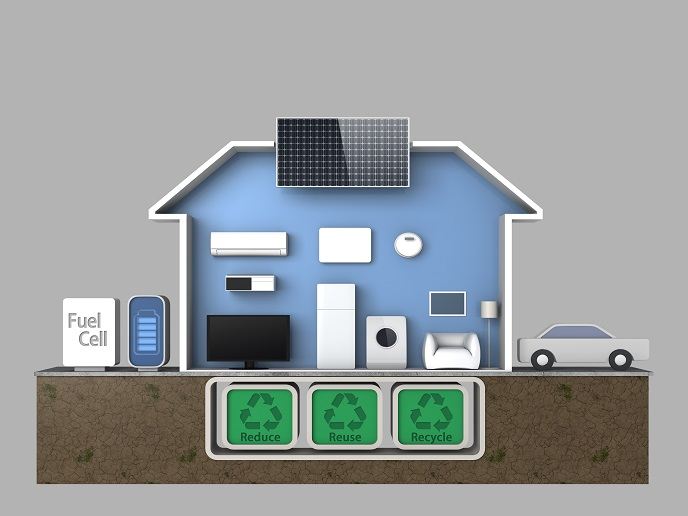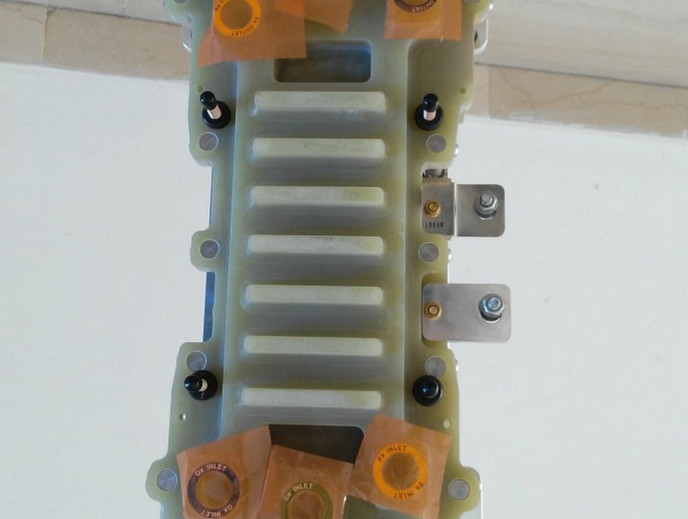Cultivating crops, reaping kilowatts
The development of small, highly efficient bio-electric generators, obtained by integrating Biomass gasification with Fuel cells, is considered as an effective tool for introducing to rural areas an innovative process in the field of environment, agriculture and energy production. The main objective of this research project was the development of a biomass thermochemical conversion process to produce hydrogen-rich gas for fuel cell electricity generation, in a small scale unit of 850kW, adapted to typical European rural areas. Two different gasification technologies are considered; the entrained flow gasifier and the catalytic dual interconnected fluidised bed system. Both are integrated with a phosphoric acid fuel cell, PAFC, in order to investigate the suitability of the possible gasification and electricity production sub-systems. Both systems proved technically feasible, with high electric efficiencies and availability of additional thermal power for district heating or other use. A lot of work was also carried out in hydrogen gas quality using advanced catalysts and also in the frame of logistically and economically reasonable solutions for biomass storage and transportation. Biomass sources were identified among the energy crops (arundo donax, miscanthus) as being compatible to the technical requirements of the integrated system. Cost estimates for this method of electricity production are at the moment high but are expected to reach more acceptable levels, as new technologies come to the market with improved operation experience and increasing production volumes. The considerable and increasing land surface in Europe being withdrawn from food production, allows to consider the development of extensive “energy” crop cultivation at regional level, providing income and energy for the farmers.







